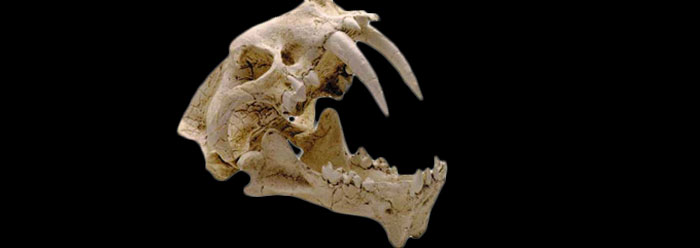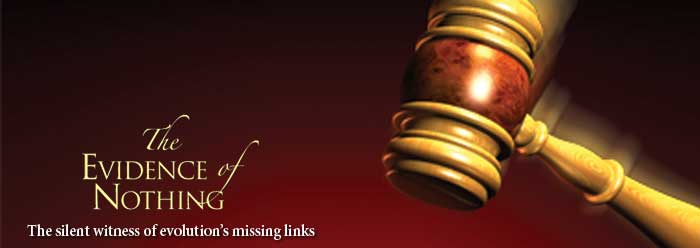
Cambrian Clash: Fossils and Molecular Clocks Disagree
In a recent issue of the journal BioScience, ecologist Jeffrey Levinton of Stony Brook University, New York, offered a well-written review of the current status of the “Cambrian Explosion” hypothesis and presented at least two enigmas in evolutionary thinking.1

Will the True Tetrapod Transition Please Step Forward?
Have “primitive fingers” really been discovered in a fossil fish?1 Many fish, fossilized or live, show bone structure in their fins, and evolutionary scientists have believed this to be evidence that land creatures evolved from fish.

Fossil Feathers Convey Color
Analysis of an unusual Brazilian fossil has led U.S. researchers to link microscopic fossil features to bird feather colors. The fossil has dramatic black and white banding patterns that have been interpreted as post-fossilization bacterial activity. However, there are structures in the rock in which it was found that are the same size and shape as cells from living dark feathers.

Follow the Evidence!
Charles Darwin was a good naturalist (biologist) who did work in a variety of areas such as plant hormones and barnacles. But when it came to fossils (physical evidence) documenting macroevolution, he knew they argued against his idea. In fact, one chapter in his 1859 book is entitled, "On the Imperfection of the Geologic Record."








